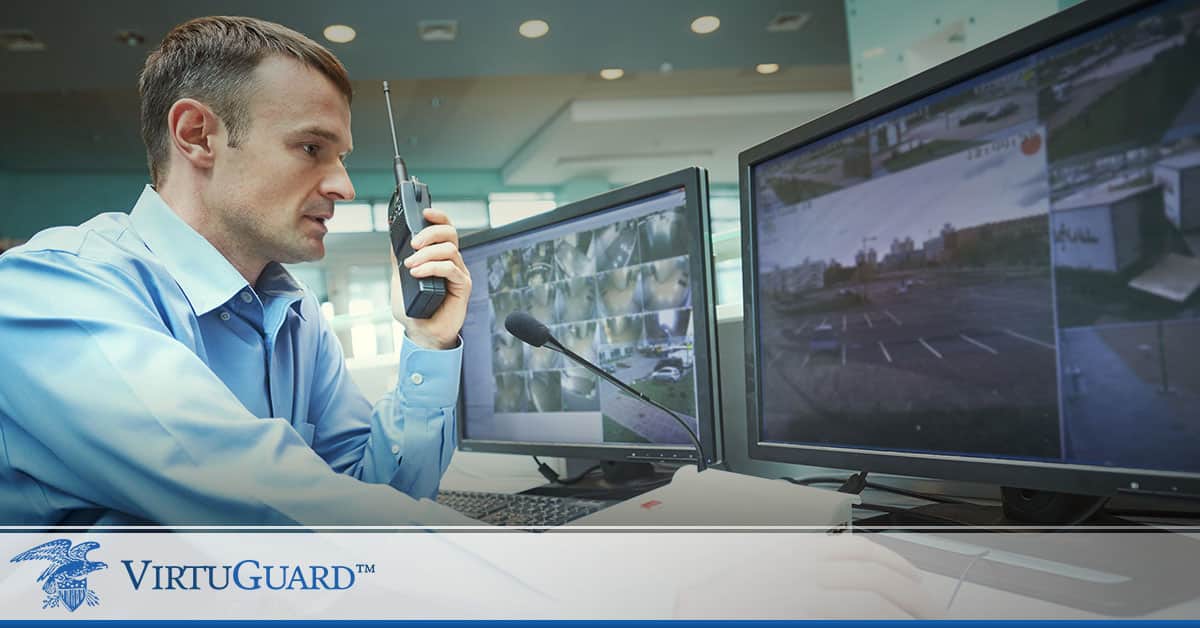It’s a stressful time to be a security guard. Several emerging controversies are causing growing unrest in areas around the country and various industries, including healthcare, education, and government. Guards responsible for these buildings or businesses nearby can find themselves stretched thin. Employers may not be up to full strength after COVID-19. Residential or office buildings may not be at full occupancy. In many cases, that can mean fewer guards are expected to do more while experiencing various stressors. That’s a recipe for security guard burnout.
COVID-19 Makes Security Jobs Even Tougher
Parts of the country are not faring well in the battle against COVID-19. Businesses and government agencies are responding in some cases by returning to mask requirements or asking for proof of vaccination. Enforcing these rules can fall to security officers, or they can be called upon to support beleaguered employees. It can be demoralizing for a guard who is only trying to enforce the rules of the business owner and protect people’s health and welfare.
Many Officers are Stretched too Thin
Security officers working on an assignment that is understaffed may constantly feel they are not doing a good enough job. If they patrol, they may find they need to start the route over as soon as they are finished. If they are accustomed to working with other officers, they may find their shifts feel longer without a workmate. If there is a shortage of available guards, they may be required to work double shifts, making peak performance even tougher to achieve.
Security Guard Burnout is Dangerous
While no one enjoying chronic or acute stress, it’s even more vital for security guards to avoid burnout. Their effectiveness depends on being alert, engaged, and responsive. Burnout symptoms can even be similar to the effects of intoxication. Poorly rested or stressed security guards can be subject to:
- Slow reaction time
- Overlooking anomalies or security risks
- Poor decision-making
- Forgetfulness or trouble concentration
- Over or underreacting to situations
- Difficulty staying away on the job
- Lack of motivation
How Remote Guarding Can Help
Remote Guarding can ease the burden of on-site officers. Virtual security covers a larger area without adding more guards or increasing the workload of current guards. Officers in a remote security operations center review live footage transmitted from your network-enabled video cameras. The coverage they provide is limited only by the range of your cameras. On-site guards can focus their attention on threats identified by remote guards and avoid wasting time on false alarms. Remote officers can alert law enforcement immediately in the case of a highly dangerous situation, saving precious minutes in getting back up to the guard on location. They can also prevent the guard from stepping into a situation where they will be over their head, such as a large number of intruders or armed assailants.
Contact BOS Security
Remote guarding can support your on-site officers with continuous monitoring, so they have help when they need it most. It can make their job more efficient, relieve stress, and help to prevent burnout. Call BOS Security and learn more about our always-on security approach with VirtuGuard™ remote guarding services.

